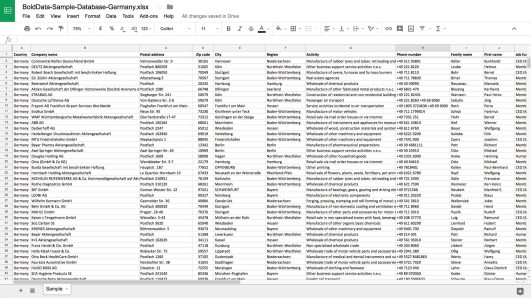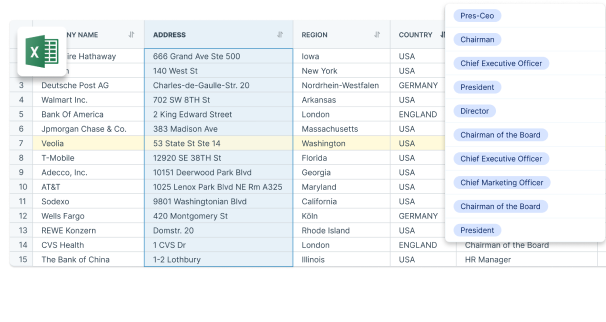In today’s data-driven world, protecting the privacy of individuals’ personal information is paramount. With the increasing prevalence of data breaches and regulatory scrutiny, businesses must navigate a complex landscape of data privacy laws to safeguard their operations and reputation. In this guide, we’ll delve into the intricacies of data privacy laws, explore their implications for businesses, and provide actionable insights to ensure compliance and protect your organization.
Understanding Data Privacy Laws
Data privacy laws are legal frameworks enacted to regulate the collection, use, storage, and sharing of individuals’ personal data by organizations. These laws aim to protect individuals’ privacy rights, prevent unauthorized access to sensitive information, and promote transparency and accountability in data handling practices. Key data privacy laws include the General Data Protection Regulation (GDPR), California Consumer Privacy Act (CCPA), and Health Insurance Portability and Accountability Act (HIPAA), among others.
Why Data Privacy Laws Matter for Your Business
- Legal Compliance: Compliance with data privacy laws is not only a legal requirement but also essential for maintaining trust and credibility with customers, stakeholders, and regulatory authorities.
- Risk Mitigation: Adhering to data privacy laws helps mitigate the risk of data breaches, cyberattacks, and regulatory penalties, reducing financial losses and reputational damage.
- Customer Trust: Demonstrating a commitment to protecting individuals’ privacy rights builds trust and confidence with customers, fostering long-term relationships and brand loyalty.
- Global Operations: With the globalization of business operations, compliance with data privacy laws becomes increasingly important for organizations operating across multiple jurisdictions to ensure consistency and alignment with regulatory requirements.
Challenges of Data Privacy Laws Compliance
Despite the importance of compliance, businesses face several challenges in navigating the complexities of data privacy laws:
- Jurisdictional Variations: Data privacy laws vary significantly across jurisdictions, making it challenging for multinational corporations to navigate and ensure compliance with divergent regulatory requirements.
- Data Management Complexity: Managing and securing vast amounts of data while adhering to regulatory requirements pose significant challenges for businesses, particularly those with fragmented data architectures and legacy systems.
- Resource Constraints: Limited resources, including budget, expertise, and technology infrastructure, may hinder businesses’ ability to implement robust data privacy compliance programs effectively.
Actionable Strategies for Data Privacy Compliance
To address these challenges and ensure compliance with data privacy laws, consider the following strategies:
- Conduct Regulatory Assessments: Stay informed about relevant data privacy laws and regulations applicable to your business operations. Conduct regular assessments to identify compliance gaps and develop tailored strategies to address them.
- Implement Privacy by Design: Embed privacy considerations into the design and development of products, services, and business processes. Adopt privacy-enhancing technologies and practices to minimize the collection and processing of personal data and enhance data protection measures.
- Enhance Data Security Measures: Implement robust data security measures, including encryption, access controls, and data anonymization techniques, to protect sensitive information from unauthorized access and disclosure.
- Provide Employee Training: Educate employees about their roles and responsibilities in ensuring data privacy compliance. Offer training programs and resources to raise awareness of data privacy risks and best practices for safeguarding sensitive information.
Hypothetical Example:
Imagine you’re a data quality manager at a multinational corporation grappling with compliance challenges amid evolving data privacy laws and regulations. By partnering with BoldData, you gain access to comprehensive data solutions and expertise to navigate complex regulatory landscapes effectively. Leveraging BoldData’s global database, you can ensure compliance with data privacy laws, mitigate risks, and protect your organization’s reputation and assets.Conclusion:
In conclusion, data privacy laws play a crucial role in safeguarding individuals’ privacy rights and promoting responsible data handling practices by organizations. By understanding the implications of data privacy laws, implementing robust compliance programs, and leveraging BoldData’s trusted database solutions, businesses can navigate regulatory complexities, mitigate risks, and build trust with customers and stakeholders.
Call to Action:
Stay ahead of the curve and ensure compliance with data privacy laws. Contact BoldData at +31(0)20 705 2360 or sales@bolddata.nl to learn more about our data solutions and how we can help protect your business from regulatory risks. Don’t wait until it’s too late—safeguard your organization’s future today.

